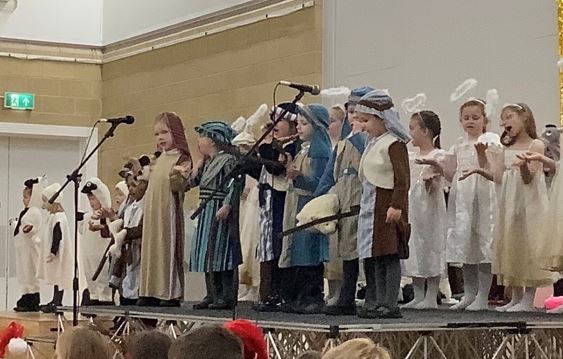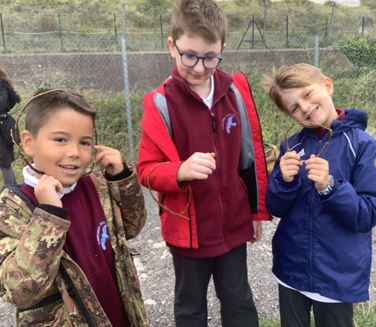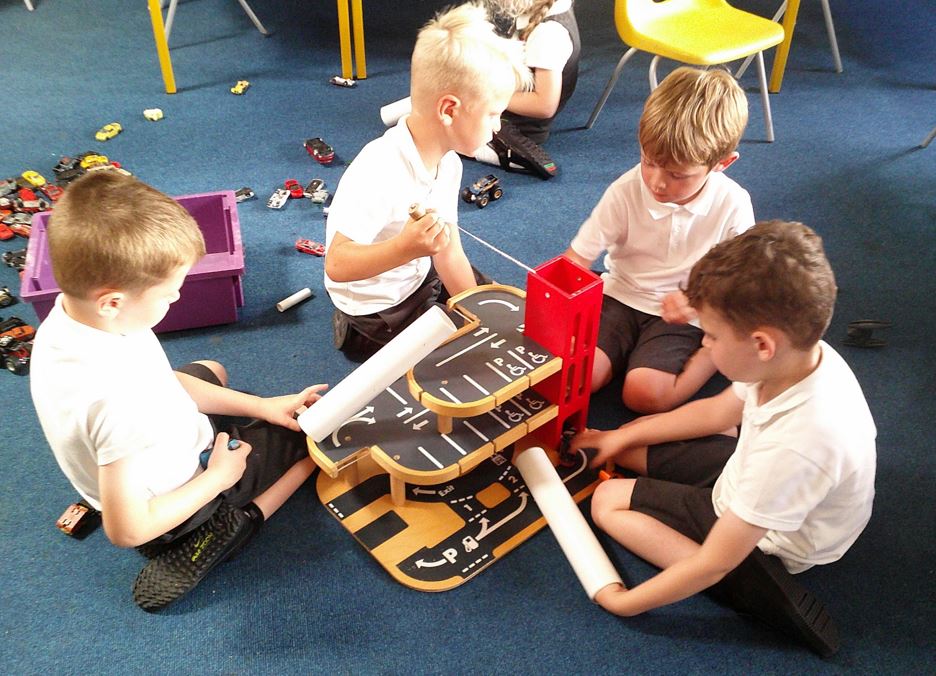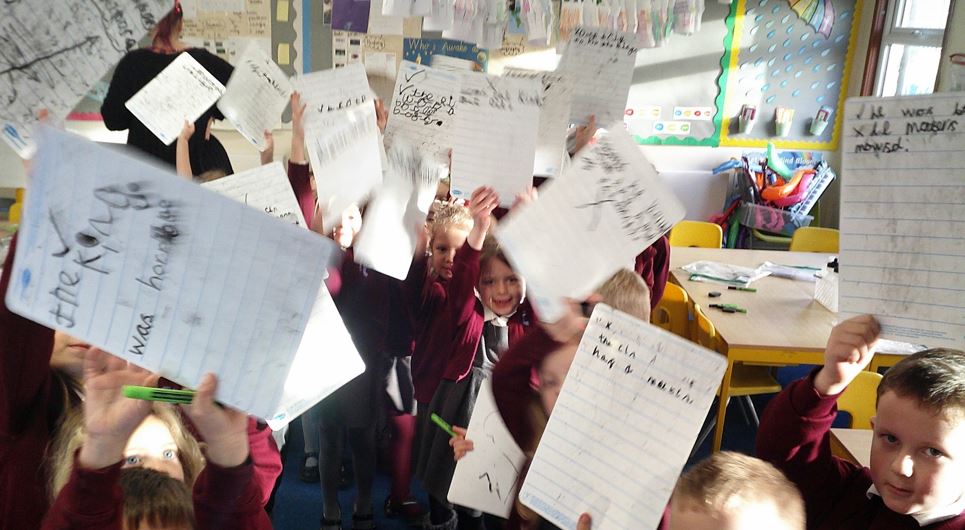Spiritual, Moral, Social and Cultural (SMSC)
At Hawkinge Primary School we recognise that education is not just about the gaining of knowledge and the acquisition of skills but the basic aim of our school is to aid the personal development of all our pupils in the fullest sense. Central to education should be the development of personal, social and emotional attributes, to support the whole child, thereby enabling them to academically flourish. We focus on developing children’s characters, life skills and gaining cultural capital to succeed in life. We foster an environment where we enable children to become responsible and independent people. SMSC (including mindfulness and mental health), is the golden thread that weaves throughout our school culture. We believe that personal, social and emotional skills are vital to children, if they are going to reach their potential academically and ultimately as adults of an ever-changing future. We aim to create respectful and active children within our school and the wider community.

The spiritual development of pupils is shown by their:
- ability to be reflective about their own beliefs (religious or otherwise) and perspective on life
- knowledge of, and respect for, different people’s faiths, feelings and values
- sense of enjoyment and fascination in learning about themselves, others and the world around them
- use of imagination and creativity in their learning
- willingness to reflect on their experiences
The moral development of pupils is shown by their:
- ability to recognise the difference between right and wrong and to readily apply this understanding in their own lives, recognise legal boundaries and, in so doing, respect the civil and criminal law of England
- understanding of the consequences of their behaviour and actions
- interest in investigating and offering reasoned views about moral and ethical issues and ability to understand and appreciate the viewpoints of others on these issues.


The social development of pupils is shown by their:
- use of a range of social skills in different contexts, for example working and socialising with other pupils, including those from different religious, ethnic and socio-economic backgrounds
- willingness to participate in a variety of communities and social settings, including by volunteering, cooperating well with others and being able to resolve conflicts effectively
- acceptance and engagement with the fundamental British values of democracy, the rule of law, individual liberty and mutual respect and tolerance of those with different faiths and beliefs; they develop and demonstrate skills and attitudes that will allow them to participate fully in and contribute positively to life in modern Britain.
The cultural development of pupils is shown by their:
- understanding and appreciation of the wide range of cultural influences that have shaped their own heritage and that of others.
- understanding and appreciation of the range of different cultures in the school and further afield as an essential element of their preparation for life in modern Britain
- ability to recognise, and value, the things we share in common across cultural, religious, ethnic and socio-economic communities
- knowledge of Britain’s democratic parliamentary system and its central role in shaping our history and values, and in continuing to develop Britain
- willingness to participate in and respond positively to artistic, musical, sporting and cultural opportunities.
- interest in exploring, improving understanding of and showing respect for different faiths and cultural diversity and the extent to which they understand, accept and respect diversity. This is shown by their respect and attitudes towards different religious, ethnic and socio-economic groups in the local, national and global communities

